Introduction:
Welcome, dear readers, to a mind-boggling expedition through the cosmos! Prepare to be enthralled by the enigmatic wonders known as black holes. We'll embark on an exhilarating journey filled with cosmic curiosities, mind-bending physics, and, of course, a generous dose of humor. Strap on your imaginary spacesuits, fasten your seatbelts, and let's venture into the captivating realm of black holes!
Black Hole:
The Celestial Chasm Picture yourself stargazing on a clear night, pondering the universe's mysteries. Suddenly, a black hole comes into view. But hold on! What exactly is a black hole? Well, it's not a giant cosmic vacuum cleaner sucking up everything in its path. Instead, it's a region in space where gravity is so incredibly intense that nothing, not even light, can escape its gravitational pull. It's like the universe's grand "roaring applause" for gravity!
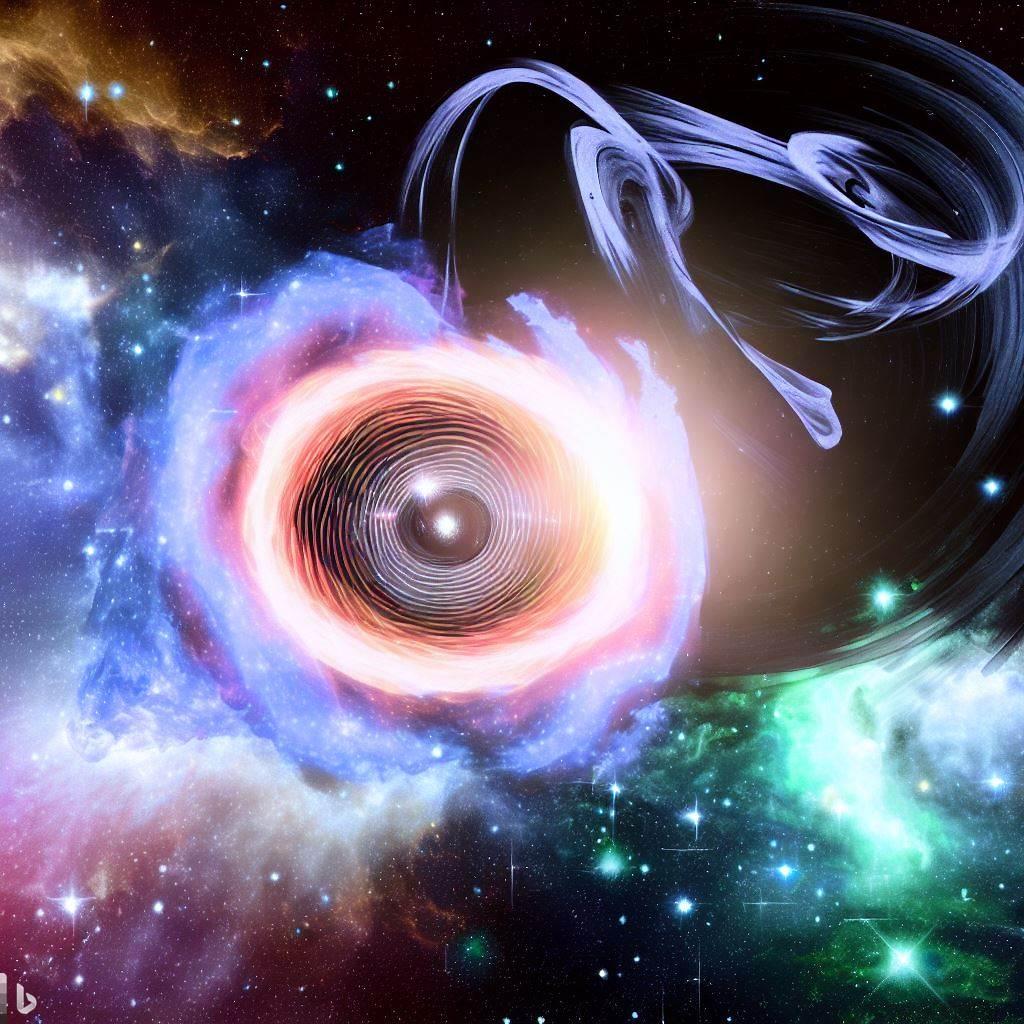
A Stellar Ballet:
How Black Holes Are Born Black holes emerge from the extraordinary demise of massive stars. When these celestial powerhouses burn through their nuclear fuel, they unleash a cataclysmic supernova explosion, leaving behind a compact core known as a neutron star. However, if the collapsing core is too massive, the forces of gravity overwhelm all other forces, giving rise to a black hole. It's the universe's own "mic-drop" moment!
Event Horizon:
The Point of No Return Every black hole has a mysterious boundary called the event horizon. It's like a cosmic "Do Not Enter" sign. Once you pass this point, bid farewell to the outside world. Beyond the event horizon, the gravitational forces become overwhelmingly strong, stretching and distorting space-time. It's as if you're caught in a cosmic trampoline with no way out. So, remember, it's best to keep a safe distance and not get caught up in their gravity "pulling" antics!
Spaghettification:
An Elastic Encounter Imagine taking a plunge into a black hole. As you near the event horizon, the intense gravitational forces stretch and squeeze you like a giant spaghetti noodle. This effect is appropriately called "spaghettification." Your body elongates into a thin, wispy thread, much to the amusement of the intergalactic spaghetti chefs. Remember to hold on to your interstellar meatballs!
Black Hole Hair and Quantum Shenanigans" No, black holes don't actually have hair in the traditional sense. But they do possess a mysterious property called "black hole hair." It refers to the collection of characteristics that uniquely define each black hole, such as mass, spin, and electric charge. Imagine a cosmic "bad hair day" where gravity rules the style! Moreover, black holes are tangled up in the quantum world, where quantum physics and gravity engage in an epic dance-off. It's like a celestial rave party where the laws of physics don their dancing shoes!
Time Warp:
The Relativity Rollercoaster Hop aboard the relativity rollercoaster as we delve into the mind-bending effects of black holes on space and time. As you approach a black hole, time starts to slow down. The closer you get, the slower it goes. It's as if you've stumbled into a cosmic time-warping disco. So, if you're ever running late, just grab a black hole ticket and voila! Time will be your obedient companion.
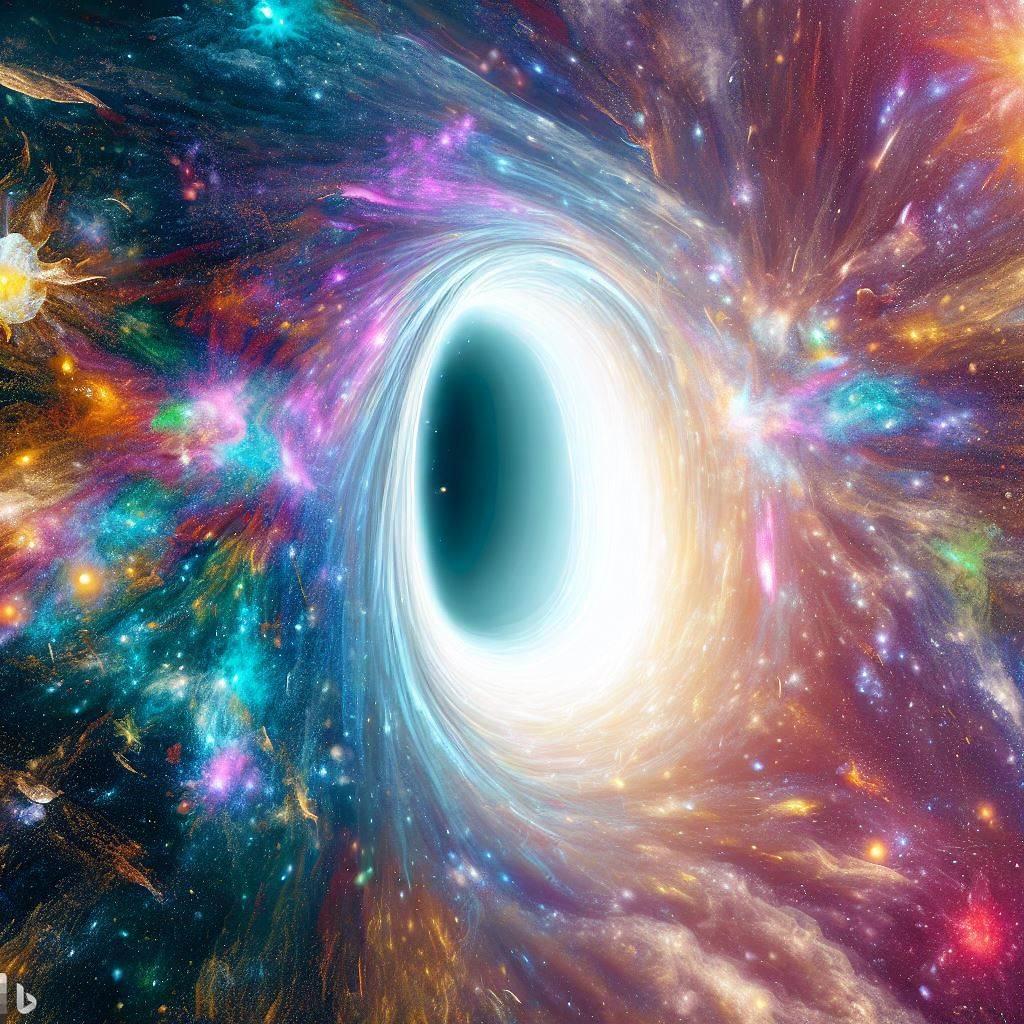
Hawking Radiation:
The Great Escape Now, let's turn our attention to a mind-blowing phenomenon known as Hawking radiation. Stephen Hawking, the legendary physicist, proposed that black holes aren't entirely black after all. According to his theory, due to a quantum effect near the event horizon, black holes emit a faint radiation known as Hawking radiation. It's like the universe's way of giving black holes a small taste of their own medicine.
You might be wondering how something can escape the clutches of a black hole's gravitational grip. Well, in a cosmic twist of fate, virtual particle-antiparticle pairs are constantly popping in and out of existence in empty space. Near the event horizon, if one of these particles is pulled into the black hole, its partner may escape, resulting in a net loss of mass for the black hole. It's a cosmic game of "tag," where one particle gets tagged by the black hole while the other gleefully escapes.
Now, imagine this cosmic escape act happening on a massive scale. Over time, the black hole gradually loses mass, shrinking and eventually evaporating completely. So, black holes not only devour everything in their vicinity but also have a knack for shedding some weight through Hawking radiation. It's like a black hole's version of a "celestial weight-loss program."
Supermassive Surprises While we're on the topic of black holes, let's introduce their larger-than-life counterparts: supermassive black holes. These cosmic behemoths lurk at the centers of galaxies, gobbling up stars, gas, and anything unlucky enough to venture too close. They make regular black holes look like petite cosmic snacks.
Supermassive black holes can weigh millions or even billions of times more than our Sun. Their immense gravitational influence shapes the destiny of entire galaxies. It's like having a colossal cosmic DJ who controls the dance moves of the galactic disco. With their gravitational pull, they create swirling disks of hot gas, shooting out colossal jets of particles that extend thousands of light-years into space. It's a celestial light show that puts even the most dazzling fireworks to shame.
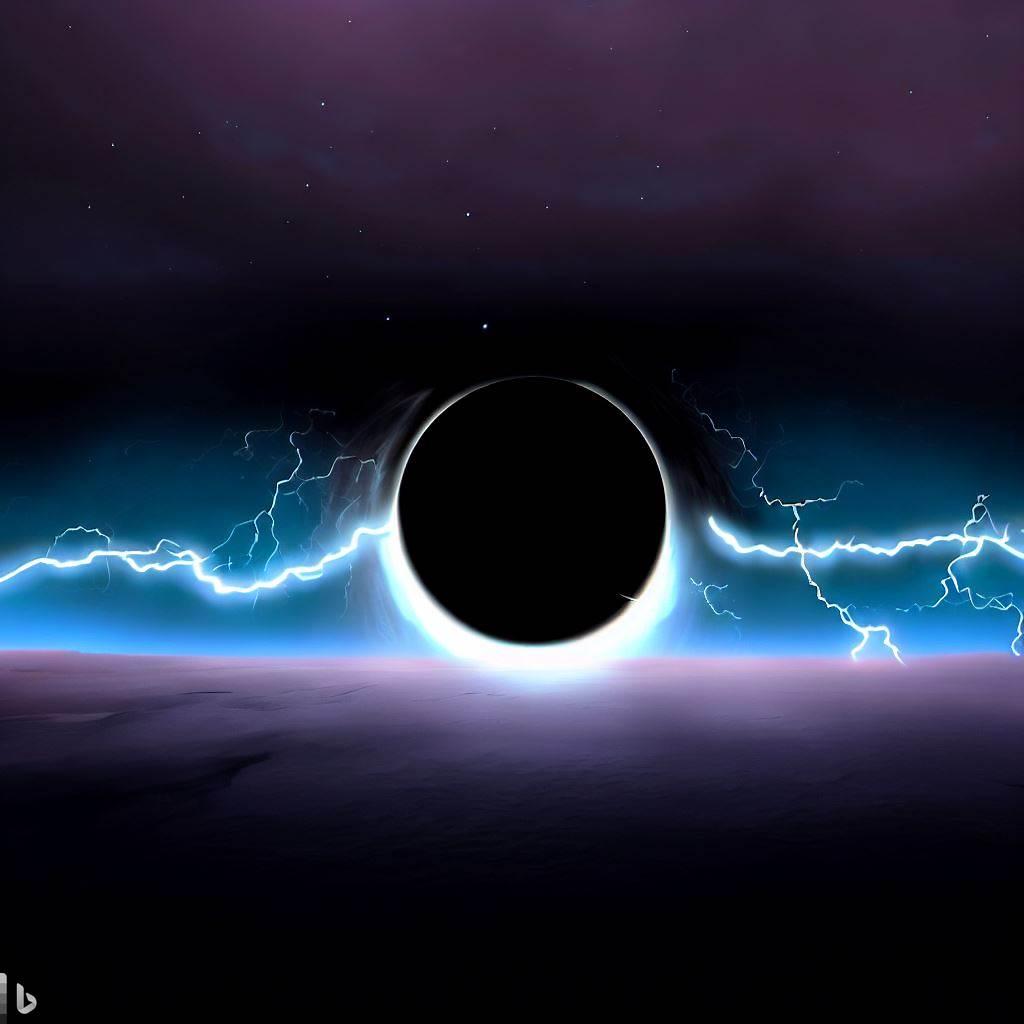
Wormholes:
Cosmic Shortcuts If black holes weren't mind-bending enough, get ready to have your concept of space and time stretched further with the notion of wormholes. Wormholes are hypothetical tunnels that connect different regions of space-time, potentially allowing for shortcuts through the vast cosmic expanse. Think of them as cosmic "backdoors" that bypass the usual rules of the universe's highway system.
However, before you start packing your bags for an intergalactic joyride, it's important to note that wormholes, if they exist, are highly theoretical and yet to be observed. The physics behind them involves exotic matter with negative energy densities, which, as far as we know, only exist in the realm of speculative physics. But hey, who knows what surprises the universe has in store for us? Perhaps one day, we'll stumble upon a naturally occurring wormhole and get a chance to take a cosmic shortcut to a distant corner of the universe.
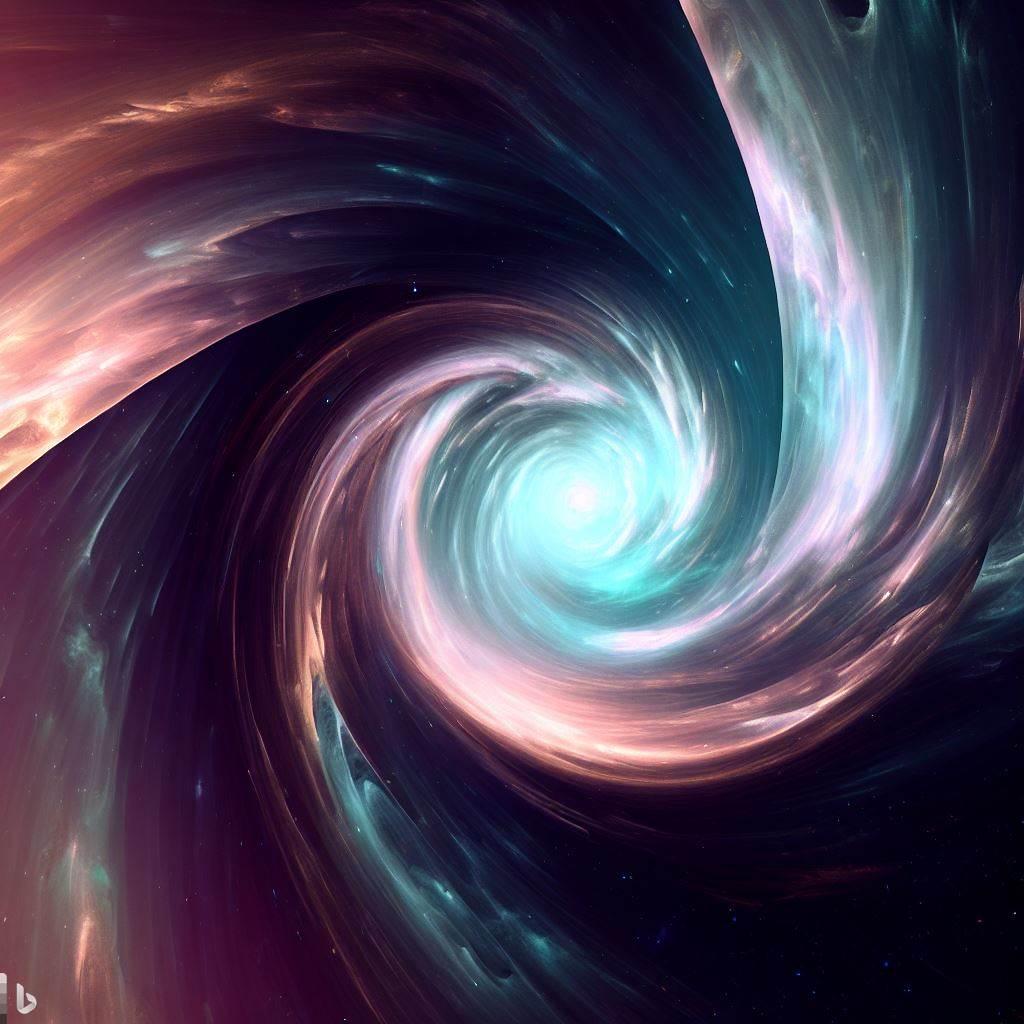
The Ultimate Mystery:
Beyond the Event Horizon As we wrap up our cosmic adventure, we arrive at the ultimate mystery surrounding black holes—the elusive secrets that lie beyond the event horizon. Since nothing, not even light, can escape their gravitational clutches, the interior of a black hole remains hidden from direct observation. It's like a celestial magician's trick, leaving us with more questions than answers.
Scientists speculate about the nature of this cosmic enigma, proposing exotic concepts like the existence of a singularity—a point of infinite density where the laws of physics break down. Some even contemplate the possibility
of an entire new universe residing within a black hole. It's like a cosmic Russian nesting doll, where the black hole contains a hidden universe of its own.
But let's not get too carried away with our imaginative speculations. The truth is, we currently lack a complete understanding of what lies beyond the event horizon. It's a domain where our knowledge hits a cosmic roadblock. However, that doesn't stop scientists from exploring possibilities and pushing the boundaries of our understanding.
In recent years, researchers have been investigating the concept of "black hole information paradox." According to classical physics, once an object crosses the event horizon, all information about it is lost. However, this conflicts with the principles of quantum mechanics, which uphold the conservation of information. Finding a resolution to this paradox could potentially unravel some of the deepest mysteries of the universe.
While we may not have all the answers about what lies beyond the event horizon, the pursuit of knowledge and the fascination with black holes continue to drive scientific exploration. Each discovery brings us closer to unraveling the secrets of these cosmic marvels and expanding our understanding of the universe.
Conclusion:
Our cosmic adventure through the captivating world of black holes has reached its conclusion. From their dramatic birth during the explosive demise of massive stars to their role as gravitational behemoths shaping the fate of galaxies, black holes continue to amaze and perplex us.
We've explored the bizarre phenomena of spaghettification, the mind-bending effects of relativity, and the remarkable concept of Hawking radiation. We've marveled at supermassive black holes and pondered the hypothetical existence of wormholes. And we've contemplated the ultimate mystery of what lies beyond the event horizon.
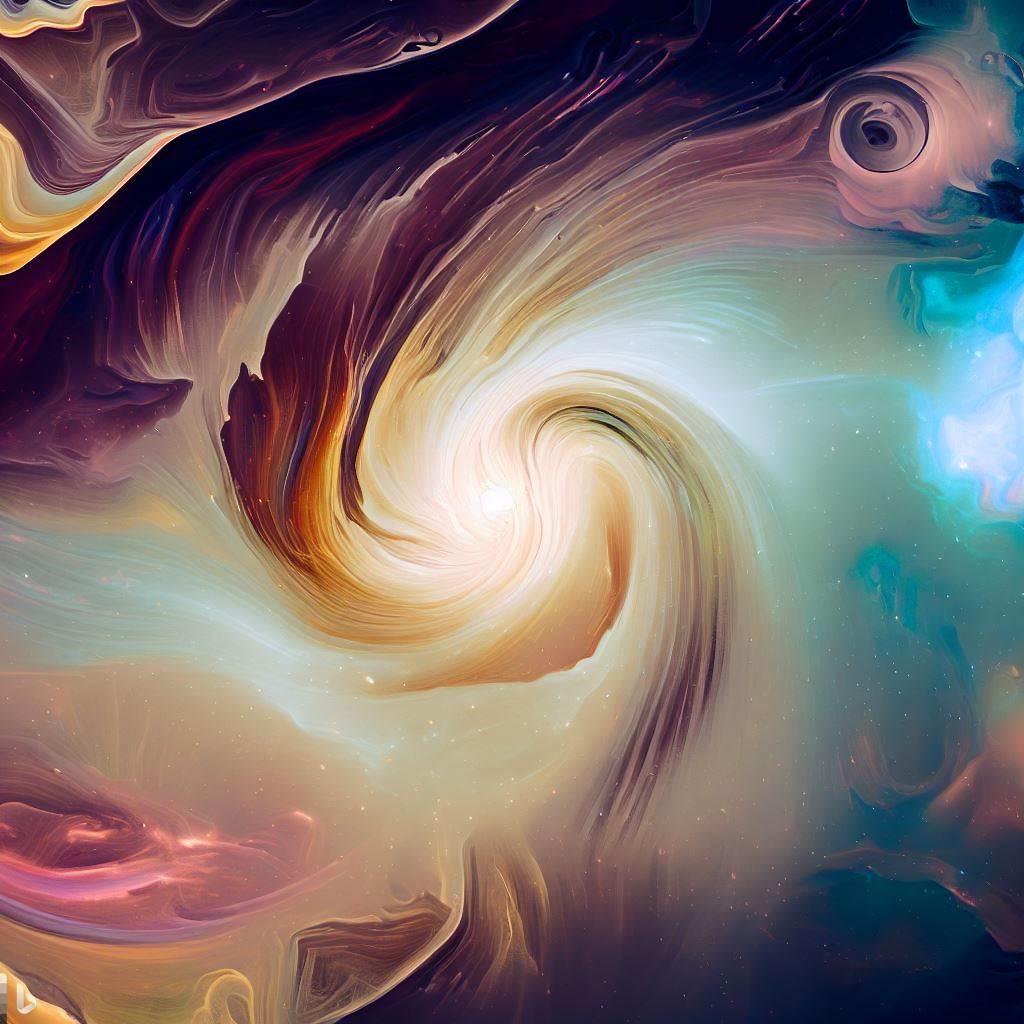
In our journey, we've witnessed the universe's grand theatrics, where gravity takes center stage and plays its cosmic symphony. But amidst the scientific inquiries and theories, we mustn't forget to embrace the sense of wonder and awe that black holes evoke. They remind us of the boundless marvels of the cosmos and our place within this vast and mysterious universe.
Until then, let your imagination soar, keep your sense of humor intact, and continue to embrace the thrilling journey of cosmic exploration. The universe is calling, and black holes await their next curious adventurer. Bon voyage!


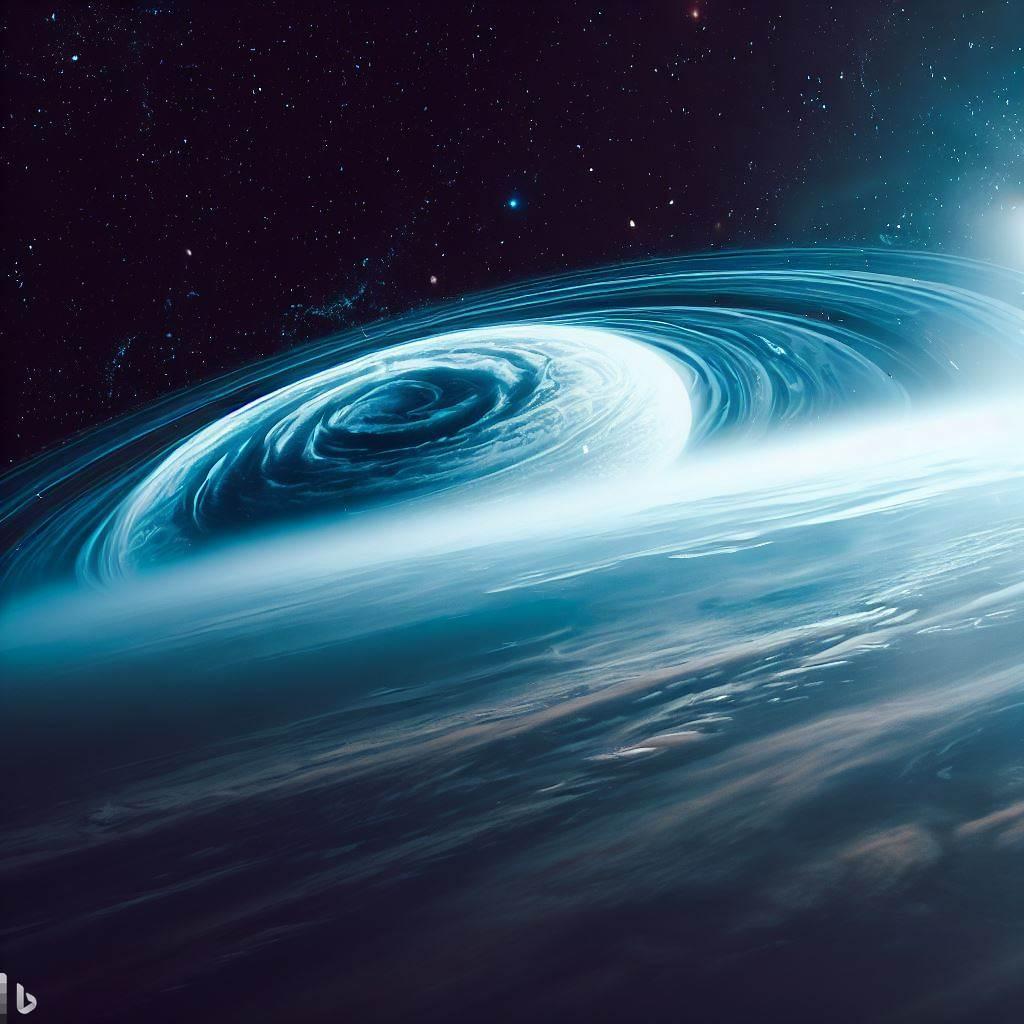



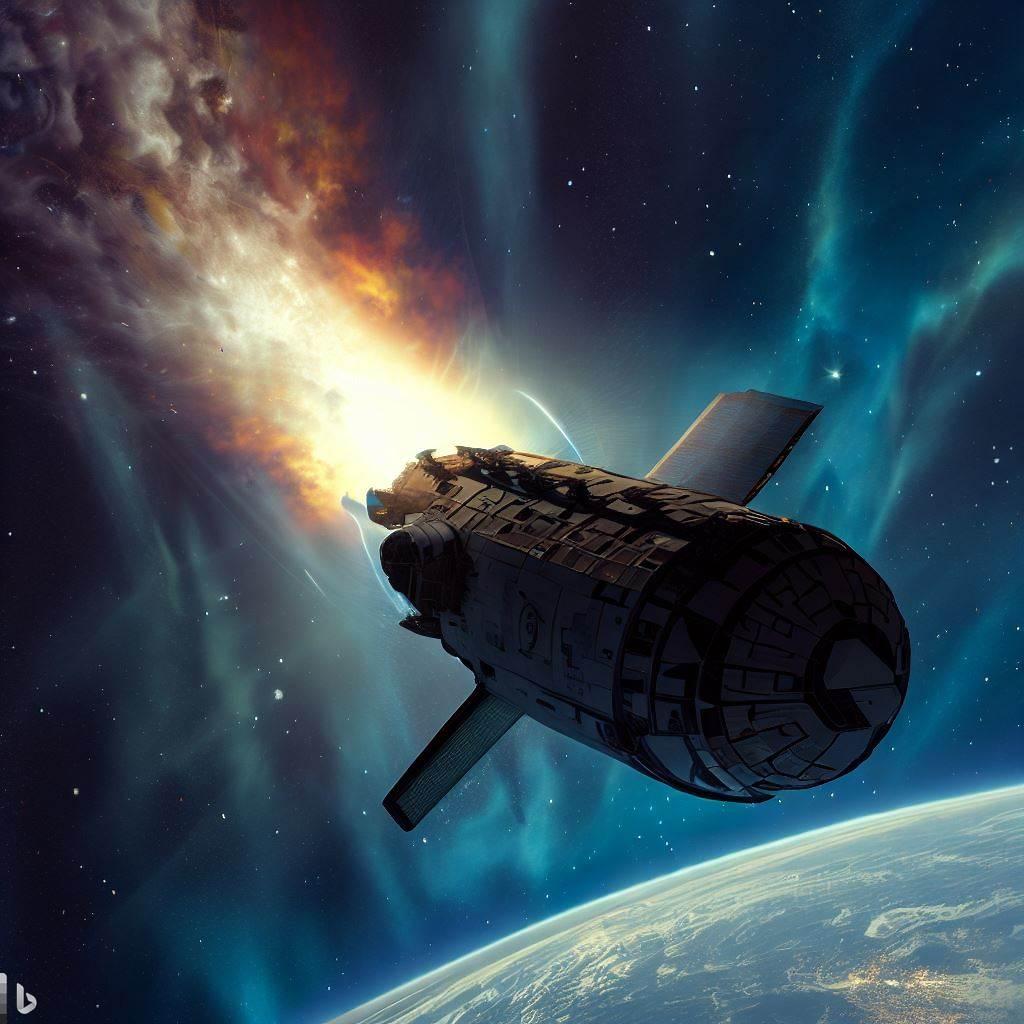


Add a Comment: